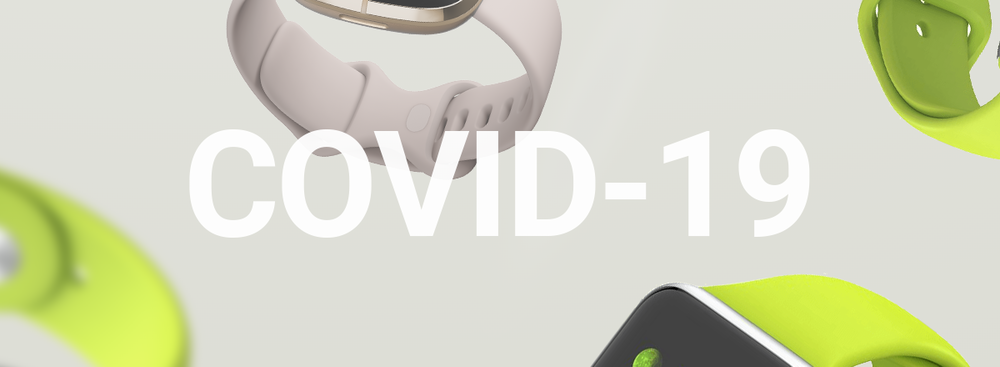Smartwatches and other wearable devices that monitor people's heart rate, skin temperature, and other physiological indicators can detect the coronavirus disease a few days before the first symptoms appear. Scientists from the Mount Sinai Health System, as well as those working on an independent study by Stanford University, arrived at this conclusion.
According to scientists from Mount Sinai, smartwatches from Apple, Garmin, or Fitbit can predict whether a person has COVID-19 before testing positive. Experts say gadgets can play a vital role in the fight against the pandemic and other infectious diseases.

For example, researchers from Mount Sinai have found that Apple Watch can show almost imperceptible changes in a person's heartbeat, which can signal the presence of coronavirus seven days before the first symptoms appear or the virus is detected by a test.
The study analyzed the heart rate indicators, namely the time difference between each heartbeat. In particular, these data show how well the human immune system works.
According to researchers, they already knew that this rate changes as the inflammation in the body develops, and COVID-19 is an inflammatory process. Studies have helped to find out that people with coronavirus have a small difference between heartbeats, unlike people with a negative test.
Nearly 300 Mount Sinai health workers took part in the experiment. They wore an Apple Watch from April 29 to September 29. The authors of the study say Apple was neither involved in the study nor funded it, but the company is aware of the capabilities of its gadget.

Previously, Stanford University also conducted its own independent research on the same topic. It was published in the Nature Biomedical Engineering journal in November.
Participants wore a variety of trackers from Garmin, Fitbit, Apple, and other manufacturers. The study found that 81% of people had heart rate changes before first COVID-19 symptoms appeared. In general, more than 5 thousand people took part in the study. Coronavirus was confirmed in 32 of them.
The data gathered by researchers could help fight the virus since more than half of cases of contracting coronavirus occur through asymptomatic carriers. Wearing such gadgets does not require any active user involvement, but it can identify asymptomatic people who are ill and thus help us better control the pandemic.
















